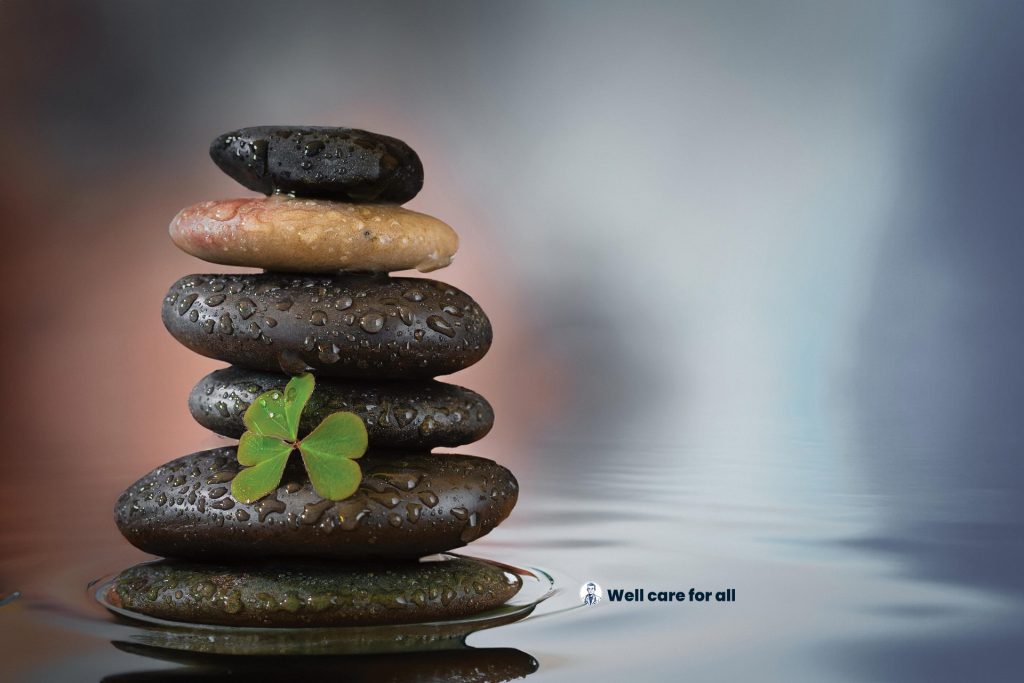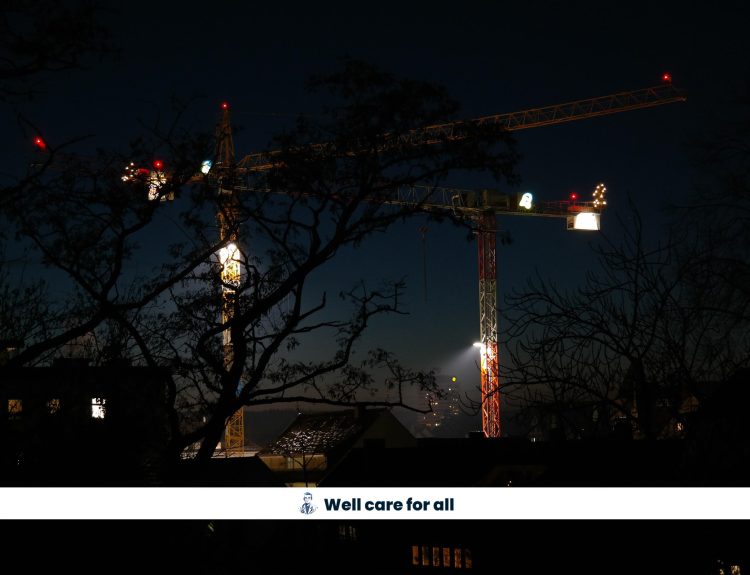
Aging is an inevitable part of life, yet how we experience it depends mainly on our mindset, lifestyle choices, and overall well-being. Age relaxation is a holistic approach to aging that emphasizes physical, mental, and emotional wellness. It is about reducing stress, adopting healthy habits, and embracing the aging process confidently and efficiently. This article explores age relaxation, its benefits, practical implementation techniques, and how adults can improve their quality of life through mindful aging.
What Is Age Relaxation?
Age relaxation refers to practices and lifestyle changes that help individuals manage stress, enhance well-being, and maintain a youthful outlook as they age. Unlike anti-aging solutions focusing solely on external appearance, age relaxation encourages holistic well-being by incorporating physical health, mental peace, and emotional resilience.
The Importance of Age Relaxation in Adult Life
Aging has challenges, including decreased energy levels, increased stress, and a greater risk of chronic conditions. However, embracing age relaxation can:
- Enhance mental clarity and emotional stability.
- Improve physical health and mobility.
- Reduce stress and anxiety.
- Promote a sense of purpose and fulfillment.
- Foster more profound connections with loved ones.
By focusing on relaxation techniques and adopting a healthy lifestyle, adults can experience aging as a positive and enriching journey rather than a struggle.
Key Techniques for Age Relaxation
Mindful Breathing and Meditation
One of the most effective ways to relax as you age is through deep breathing and meditation. Regular practice can:
- Reduce cortisol (the stress hormone).
- Improve focus and mental clarity.
- Enhance emotional well-being.
How to Practice:
- Dedicate at least 10–15 minutes daily to mindful breathing.
- Focus on deep diaphragmatic breaths, inhaling the nose and exhaling the mouth.
- Try guided meditations to enhance relaxation.
Physical Activity and Gentle Exercise
Staying active is crucial for age relaxation. Low-impact exercises help maintain flexibility, balance, and overall fitness.
Recommended Activities:
- Yoga: Enhances flexibility, strength, and mental relaxation.
- Tai Chi: Promotes balance and reduces stress.
- Walking is a simple yet effective way to boost cardiovascular and mental well-being.
- Swimming: Provides a complete body workout while minimizing strain on the joints.
Healthy Eating for Longevity
A healthy and proper diet plays a significant role in age relaxation by providing essential nutrients that support physical and cognitive function.
Dietary Tips:
- Antioxidant-rich foods: Berries, leafy greens, and nuts help fight oxidative stress.
- Omega-3 fatty acids: Walnuts, salmon, and flaxseeds are rich in it and promote brain health.
- Hydration: Drinking enough water keeps the body and skin hydrated.
- Lean proteins: Supports muscle maintenance and energy levels.
Quality Sleep and Rest
Lack of sleep accelerates aging and leads to cognitive decline. Establishing good sleep habits is essential for relaxation.
Tips for Better Sleep:
- Maintain a consistent sleep schedule.
- Minimize screen time before bedtime.
- Create a relaxing bedtime routine (e.g., reading, aromatherapy, or light stretching).
- Keep the bedroom dark, quiet, and calm.
Social Connections and Emotional Well-being
Strong social connections contribute to longevity and overall happiness. Engaging in meaningful relationships and social activities helps combat loneliness and depression.
Ways to Strengthen Social Bonds:
- Stay connected with family and friends.
- Join social clubs or support groups.
- Engage in hobbies that involve social interaction.
- Volunteer or participate in community service.
Lifelong Learning and Cognitive Engagement
Keeping the mind active helps prevent cognitive decline and enhances mental agility.
Engaging Activities:
- Reading books and engaging in intellectual discussions.
- Learning new skills, including playing an instrument or speaking a new language.
- Solving puzzles and brain teasers.
- Taking online or in-person classes.
The Role of Stress Management in Age Relaxation
Stress is one of the leading causes of premature aging. Effective stress management techniques include:
- Journaling to express thoughts and emotions.
- Practicing gratitude to shift focus to positive experiences.
- Spending time in nature to rejuvenate the mind and body.
- Engaging in creative activities, including painting, writing, or music.
FAQs About Age Relaxation
Q: At what age should I start practicing age relaxation techniques?
A: It’s never too early or too late to start. While young adults can benefit from early stress management, older adults can use these techniques to improve their quality of life.
Q: Does age relaxation mean slowing down activities?
A: Not at all! It’s about adopting sustainable habits that keep you physically, mentally, and emotionally healthy while reducing unnecessary stress.
Q: Can age relaxation reverse aging?
A: While it cannot stop aging, age relaxation can slow premature aging, improve overall health, and enhance longevity.
Q: How can I incorporate age relaxation into a busy schedule?
A: Start with minor changes, such as 5 minutes of deep breathing, choosing healthy meals, or engaging in a quick physical activity. Consistency is key!
Q: Are there specific supplements that support age relaxation?
A: The best approach is a diet rich in essential nutrients, but supplements such as vitamin D, omega-3 fatty acids, magnesium, and adaptogenic herbs (e.g., ashwagandha) may help, with guidance from a healthcare professional.
Conclusion
Age relaxation is about more than just reducing stress—it’s a holistic approach to aging gracefully and maintaining vitality. By integrating mindfulness, physical activity, healthy nutrition, and social engagement into daily life, adults can enjoy a fulfilling and energetic aging process.
Embrace aging with confidence and make relaxation a part of your lifestyle to enhance your mental, physical, and emotional well-being for years.



